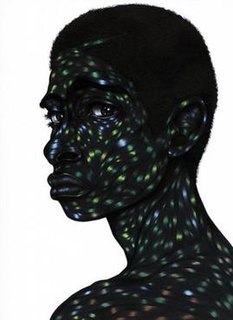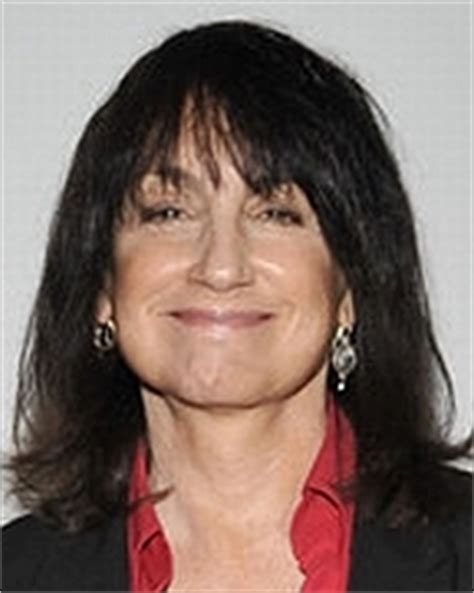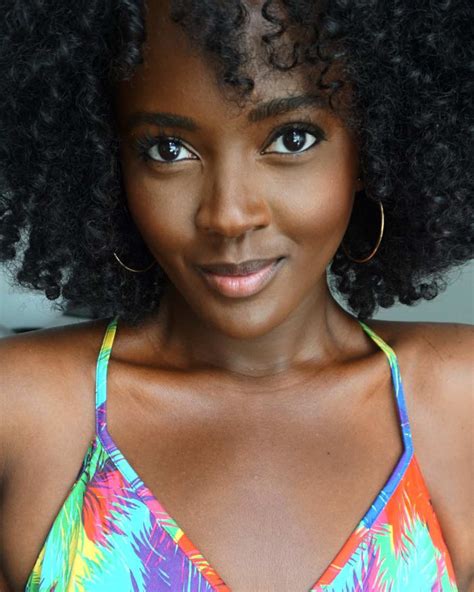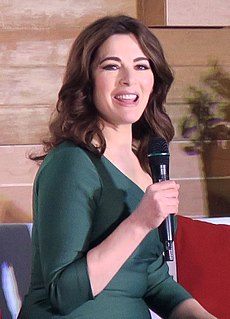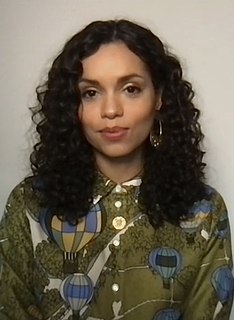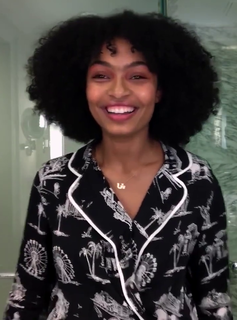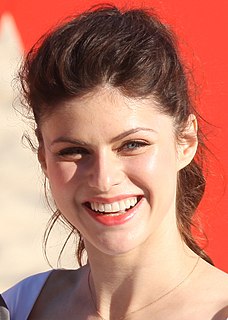A Quote by Toyin Odutola
For a while, I was nervous about portraying women because of the objectification that automatically comes with it, whether the artist intends or not.
Quote Topics
Related Quotes
For a while, I was nervous about portraying women because of the objectification that automatically comes with it, whether the artist intends or not. With "Of Another Kind," I've not so much drawn nudes - I hate saying "nudes" because it's not a spectacle - but portrayed people naked. I see them in a more straightforward way - exposed, but with no indication of who or what they are; they're just there.
In assembling this group of portraits of women, I'm aware that I'm treading on dangerous ground. When I was in college, I learned to be distrustful of men's depictions of women. I remember seeing Garry Winogrand's book Women Are Beautiful in the school library and being shocked that it hadn't been defaced for its blatant objectification of women. But looking back, maybe I was too harsh. Whether one photographs men or women, it is always a form of objectification. Whatever you say about Winogrand, his depiction was honest.
The Conversation about women’s bodies exists largely outside of us, while it is also directed at and marketed to us, and used to define and control us. The Conversation about women happens everywhere, publicly and privately. We are described and detailed, our faces and bodies analyzed and picked apart, our worth ascertained and ascribed based on the reduction of personhood to simple physical objectification. Our voices, our personhood, our potential, and our accomplishments are regularly minimized and muted.
The intentions of a tool are what it does. A hammer intends to strike, a vise intends to hold fast, a lever intends to lift. They are what it is made for. But sometimes a tool may have other uses that you don't know. Sometimes in doing what you intend, you also do what the knife intends, without knowing.
Why was the painting made? What ideas of the artist can we sense? Can the personality and sensitivity of the artist be felt when studying the work? What is the artist telling us about his or her feelings about the subject? What response do I get from the message of the artist? Do I know the artist better because of the painting?
